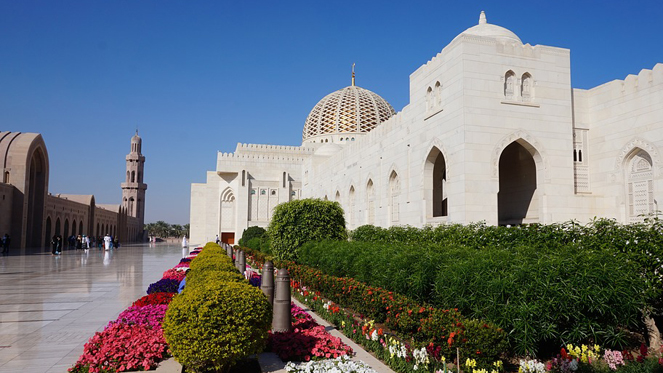New Minor in Arabic Studies

Carnegie Mellon students interested in studying Arabic language and culture now have the opportunity to earn a minor in Arabic Studies. While the Department of Modern Languages has offered courses in Arabic Studies since 2008, this is the first time that students have a chance to gain more depth in this area.
Since the minor was officially made available last fall, students from various colleges across campus – including the Dietrich College of Humanities and Social Sciences, Tepper School of Business and the College of Engineering – have added the minor to their study plans.
Khaled Al Masaeed, assistant professor and coordinator of Arabic Studies, proposed the minor. As part of the process, he completed a comprehensive review of the then-current course offerings and added new language and culture courses to the mix that focus on topics including Arabic media, Egyptian and Levantine dialects, and calligraphy.
“Through minoring in Arabic, CMU students will gain proficiency in Arabic – both Modern Standard Arabic and the spoken dialect – and knowledge of Arab cultures,” Al Masaeed said.
To earn a minor in this field, students need to successfully complete four levels of Arabic language courses and several electives. For electives, students can choose from courses offered by the Department of Modern Languages and other departments across campus. In the Department of Modern Languages, Arabic Studies courses are taught by Al Masaeed; Nevine Abraham, instructor of Arabic and French; Zeinab Ibrahim, teaching professor at Carnegie Mellon Qatar; and Nour Kweider, a Ph.D. student.
The addition of a minor coincides with a recent increase in enrollment numbers in the Arabic Studies program overall and in certain courses in particular. For example, in the spring of 2015, four students were enrolled in Arabic for Global Exchange, an online course taught by Nevine Abraham. The following year that number jumped to thirteen.
Al Masaeed, who joined the department last year, said he believes the increase is in part due to the variety of courses now available to students. Instead of taking one or two language courses and then moving on, students now have the opportunity to learn the language (including dialects) and explore Arab cultures in much more depth, helping them to build up significant knowledge in this field.
Nevine Abraham added that CMU’s Arabic Studies courses are appealing because they provide students with a more accurate and complete picture of the Arab world than the media often does.
“[Arabic for Global Exchange] debunks stereotypes and offers a more objective understanding of the complexities of Arab society,” she said. “In their teaching evaluations, students have commented on both the content and functionality of the course,” noting that it increased their interest in Arabic Studies and drew their attention to aspects of Middle Eastern culture they would like to know more about.
For Gabriel Gillen, a student in the Tepper School of Business, the new minor in Arabic Studies is a welcome addition to Carnegie Mellon’s academic offerings.
“Carnegie Mellon University's Department of Modern Languages has allowed me to branch out from my business ambitions and pursue the interdisciplinary studies that I'm passionate about,” he said. “While my current focus is on a career in finance, I hope to do non-profit work focusing on the Arab world in the future, and the resources within Carnegie Mellon's Department of Modern Languages have greatly supported me on this path, from language skill development to unique study abroad opportunities.”
Students who would like to supplement their on-campus study and progress more quickly towards a minor can enroll in intensive language courses overseas. Al Masaeed helped a few students organize trips to Morocco last summer to study abroad, and said that six students have been accepted to study in Jordan, Morocco and Oman this coming summer.